CERN's New Particle Accelerator Promises Window on Big Bang
Published:
25 July 2004 y., Sunday
Scientists probing something as big as the origins of the universe sometimes need equipment to match. At the European nuclear research center CERN in Geneva, they're building the most powerful particle accelerator ever. The Large Hadron Collider, as it's called, is expected be able to recreate the conditions that existed at the time of the Big Bang, when the universe was born. Scientists say they hope the new tool will help them unravel the mysteries of matter and energy, and confirm or demolish existing theories.
Contrary to what its name implies, the Big Bang was not necessarily an explosion. Scientists consider the Big Bang to be more of a marker to note that the universe had a beginning. It is the moment in which the universe, space and time were created. CERN Physicist Richard Jacobsson says scientists do not know why or how the Big Bang occurred. But big particle accelerators such as the Large Hadron Collider help them to understand the process.
When the Large Hadron Collider (LHC) is completed in 2007, the superconducting magnets in the machine will operate at 271 degrees, just above absolute zero. However, Mr. Jacobsson says that the temperature created in the proton-proton collisions will be one billion times hotter than at the center of the sun.
Some 6,500 scientists from more than 80 countries currently collaborate on hundreds of ongoing experiments at CERN. The world's biggest particle physics laboratory is celebrating its 50th anniversary this year.
Šaltinis:
voanews.com
Copying, publishing, announcing any information from the News.lt portal without written permission of News.lt editorial office is prohibited.
The most popular articles

The European Commission announced today the award of three of the six contracts for the procurement of Galileo’s initial operational capability.
more »
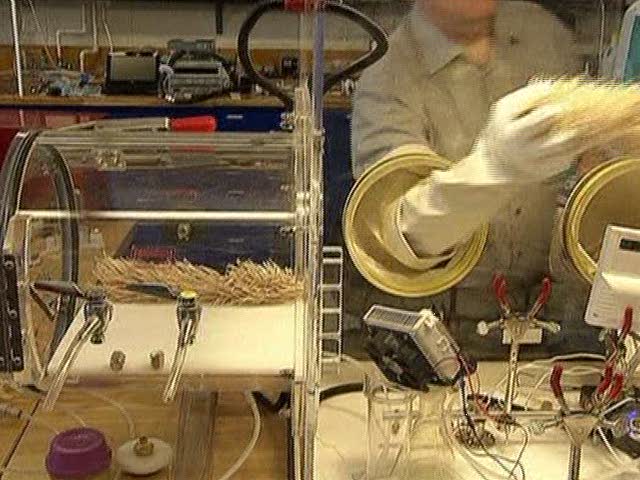 Scientists at New York's Columbia University are developing a synthetic tree that removes CO2 from the atmosphere. The researchers say the tree, if mass produced, could make a significant difference to the quality of the air we breathe.
more »
Scientists at New York's Columbia University are developing a synthetic tree that removes CO2 from the atmosphere. The researchers say the tree, if mass produced, could make a significant difference to the quality of the air we breathe.
more »
 ZenRobotics Recycler is a robotic waste sorting system. Built with off the shelf industrial robotics components, the system utilizes machine learning to separate raw materials from waste.
more »
ZenRobotics Recycler is a robotic waste sorting system. Built with off the shelf industrial robotics components, the system utilizes machine learning to separate raw materials from waste.
more »
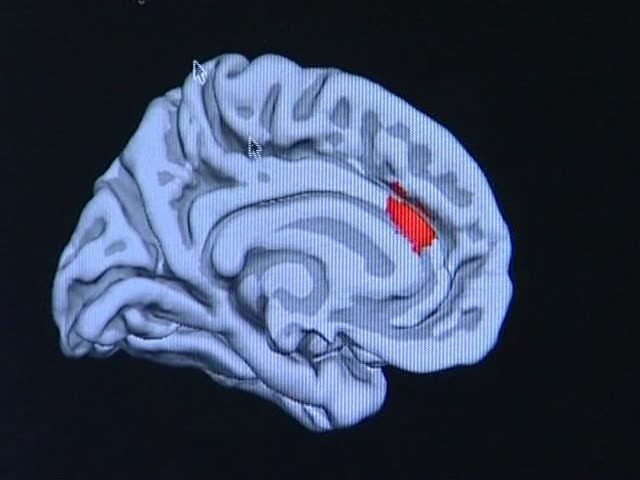 Scientists in the UK have revealed that people with opposing political views have different brain structures. The London University College researchers say the part of the brain that processes emotional reactions is larger in conservatives than in liberals.
more »
Scientists in the UK have revealed that people with opposing political views have different brain structures. The London University College researchers say the part of the brain that processes emotional reactions is larger in conservatives than in liberals.
more »
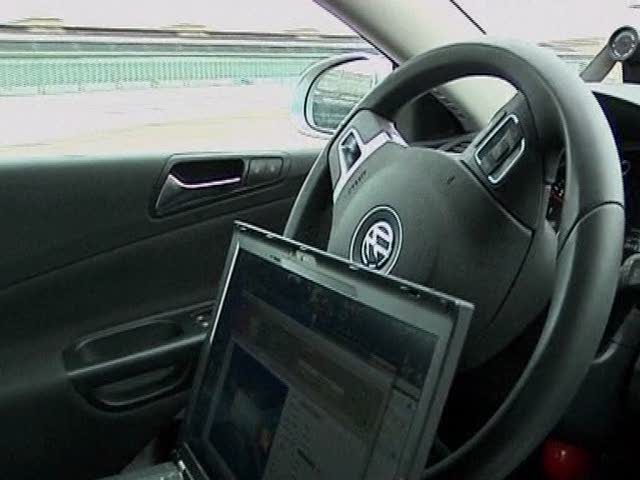 German scientists are developing technology which allows a person to steer and drive a car using brain power alone. Using a cap fitted with sensors and an onboard computer, the researchers are able to control their experimental Volkswagen, just by thinking about it.
more »
German scientists are developing technology which allows a person to steer and drive a car using brain power alone. Using a cap fitted with sensors and an onboard computer, the researchers are able to control their experimental Volkswagen, just by thinking about it.
more »
 A German company is testing a giant battery which it hopes will be able to store enough solar and wind energy to supply an entire community. The trial is taking place on Portugal's Azores island of Graciosa.
more »
A German company is testing a giant battery which it hopes will be able to store enough solar and wind energy to supply an entire community. The trial is taking place on Portugal's Azores island of Graciosa.
more »
 Japan's devastating earthquake of March 11 has raised concerns among geoscientists that the West Coast of the United States is likely to be next.
more »
Japan's devastating earthquake of March 11 has raised concerns among geoscientists that the West Coast of the United States is likely to be next.
more »
 „Duolingo“ is the latest project of Luis von Ahn, who is working for “Google”. It has been blowing up on Hacker News for the past day, though not too much is known about it.
more »
„Duolingo“ is the latest project of Luis von Ahn, who is working for “Google”. It has been blowing up on Hacker News for the past day, though not too much is known about it.
more »
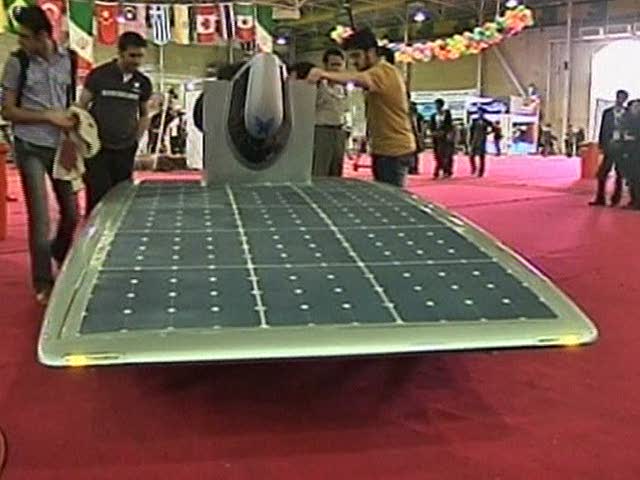 University students in Iran have developed their own version of a solar-powered car. The environmentally-friendly 'Havin' can travel up to 130 kilometers an hour.
more »
University students in Iran have developed their own version of a solar-powered car. The environmentally-friendly 'Havin' can travel up to 130 kilometers an hour.
more »
 Researchers in California have created a way to place a call on a cell phone using just your thoughts.
more »
Researchers in California have created a way to place a call on a cell phone using just your thoughts.
more »
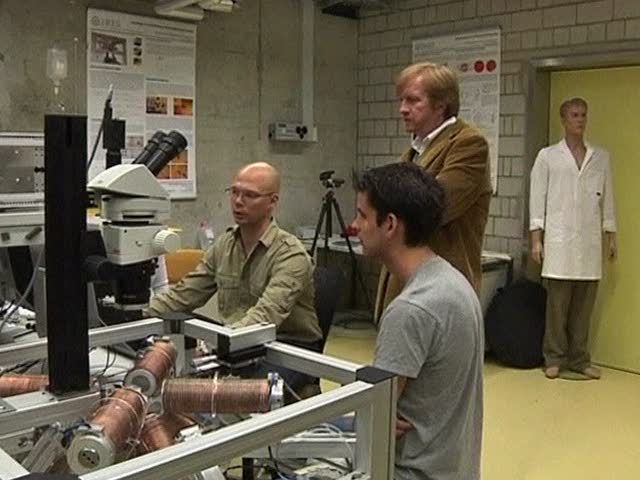 Researchers in Switzerland are perfecting a robot small enough to be injected into your eye without anaesthetic. The team say their device could carry drugs to the exact position they are needed or even carry out minor operations.
more »
Researchers in Switzerland are perfecting a robot small enough to be injected into your eye without anaesthetic. The team say their device could carry drugs to the exact position they are needed or even carry out minor operations.
more »